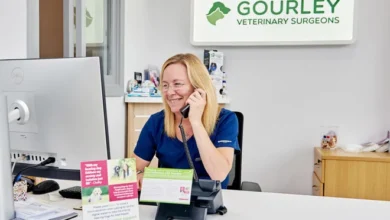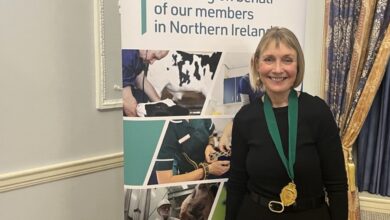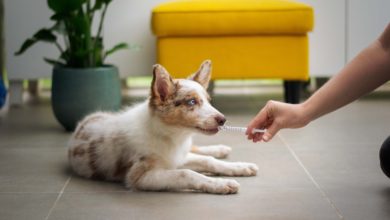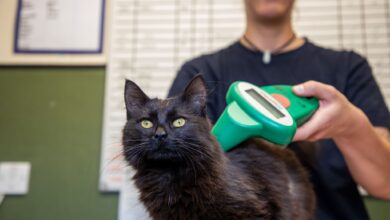Obesity is vets’ number one concern
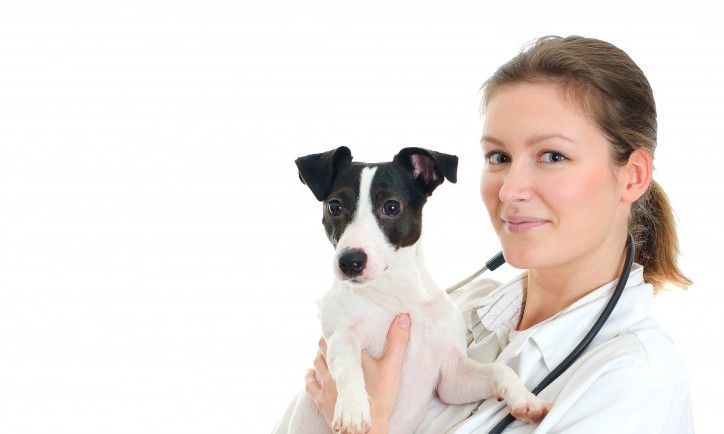
Human-animal interaction expert, Dr John Bradshaw, is heading discussions exploring the bond between humans and animals at the British Veterinary Association (BVA) Congress, as part of today’s London Vet Show (November 19-20).


